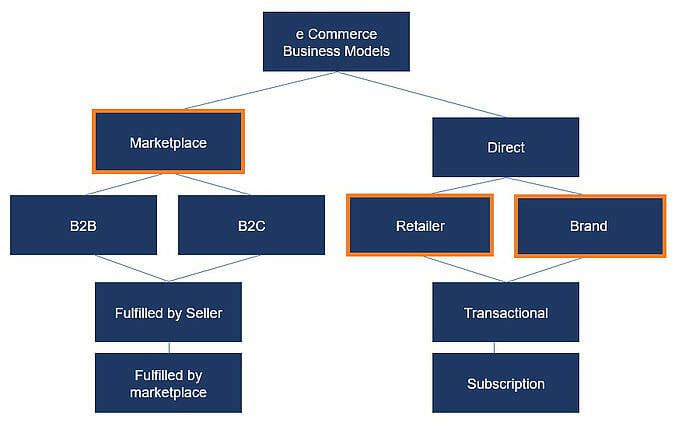
Unlocking Success with E-commerce Subscription Models: A Comprehensive Guide

Understanding the Evolution of E-commerce Subscription Models
E-commerce has witnessed a transformative shift in recent years, and subscription models have played a pivotal role in this evolution. These models offer businesses a unique way to engage customers, drive recurring revenue, and build brand loyalty.
The Appeal of E-commerce Subscription Models
E-commerce subscription models provide consumers with convenience and personalized experiences. From curated product selections to regular deliveries, customers enjoy the ease of receiving desired goods without the need for constant reordering. This convenience factor often leads to enhanced customer satisfaction and increased retention rates.
Benefits for Businesses
For businesses, the subscription model offers a predictable revenue stream, allowing for better financial planning and increased stability. Additionally, it fosters a direct relationship with customers, enabling targeted marketing efforts and the collection of valuable data for further customization.
Diverse Models in the E-commerce Landscape
There isn’t a one-size-fits-all approach to e-commerce subscriptions. Businesses have implemented various models, including product subscriptions, where customers receive physical goods at regular intervals, and content subscriptions, offering exclusive access to digital content such as articles, videos, or software.
Key Components of Successful Subscription Models
Successful implementation of e-commerce subscription models involves careful consideration of several factors. This includes pricing strategy, product selection, and flexibility to accommodate the evolving needs of subscribers. A well-thought-out model aligns with customer preferences and encourages long-term commitment.
Challenges and Solutions
While the subscription model presents numerous benefits, businesses must also navigate challenges such as customer churn and market saturation. Implementing strategies like personalized recommendations, flexible subscription plans, and continuous communication can help address these challenges and enhance the overall subscriber experience.
E-commerce Subscription Models in Action
Numerous e-commerce giants have embraced subscription models, demonstrating their effectiveness across diverse industries. From beauty and lifestyle products to software and streaming services, businesses are creatively applying subscription models to cater to modern consumer preferences.
Navigating the Technological Landscape
The success of e-commerce subscription models is intertwined with technology. Efficient order management systems, secure payment gateways, and data analytics are essential components that empower businesses to streamline operations and offer a seamless experience to subscribers.
E-commerce Subscription Models and the Future
As e-commerce continues to evolve, subscription models are likely to play an even more significant role. Businesses that adapt to changing consumer behaviors and leverage technology to enhance subscription experiences will be well-positioned for sustained success.
Explore the Possibilities with E-commerce Subscription Models
For businesses ready to explore the world of e-commerce subscription models, E-commerce Subscription Models offer a valuable resource. Whether you are a startup looking to launch a subscription service or an established business seeking to optimize your existing model, this platform provides insights, tools, and strategies to navigate the dynamic landscape of subscription-based commerce. Unlock the potential for recurring revenue and customer loyalty with a well-crafted e-commerce subscription model tailored to your unique offerings.







